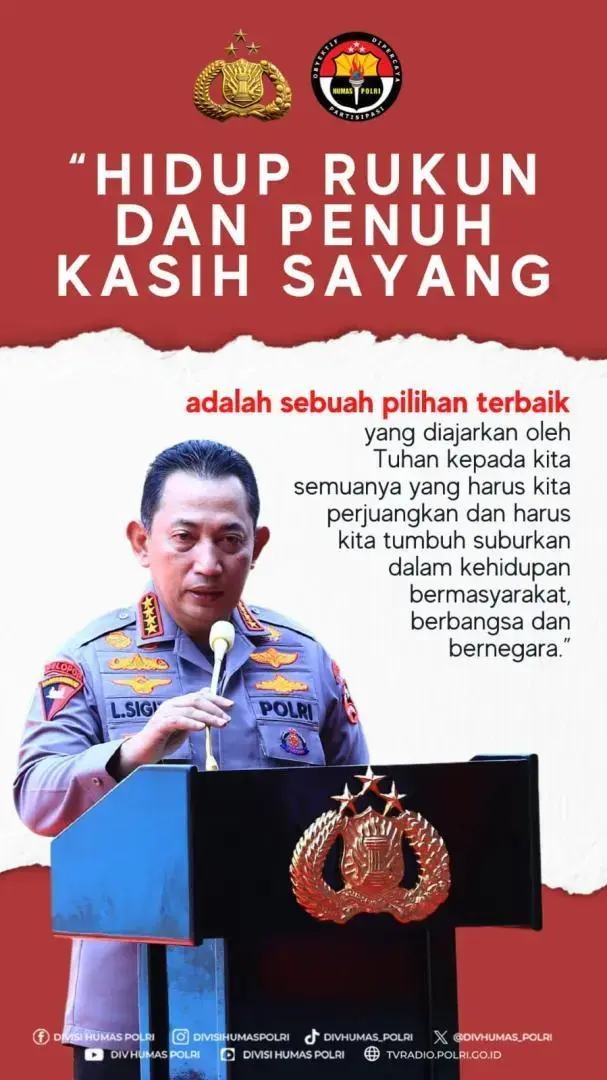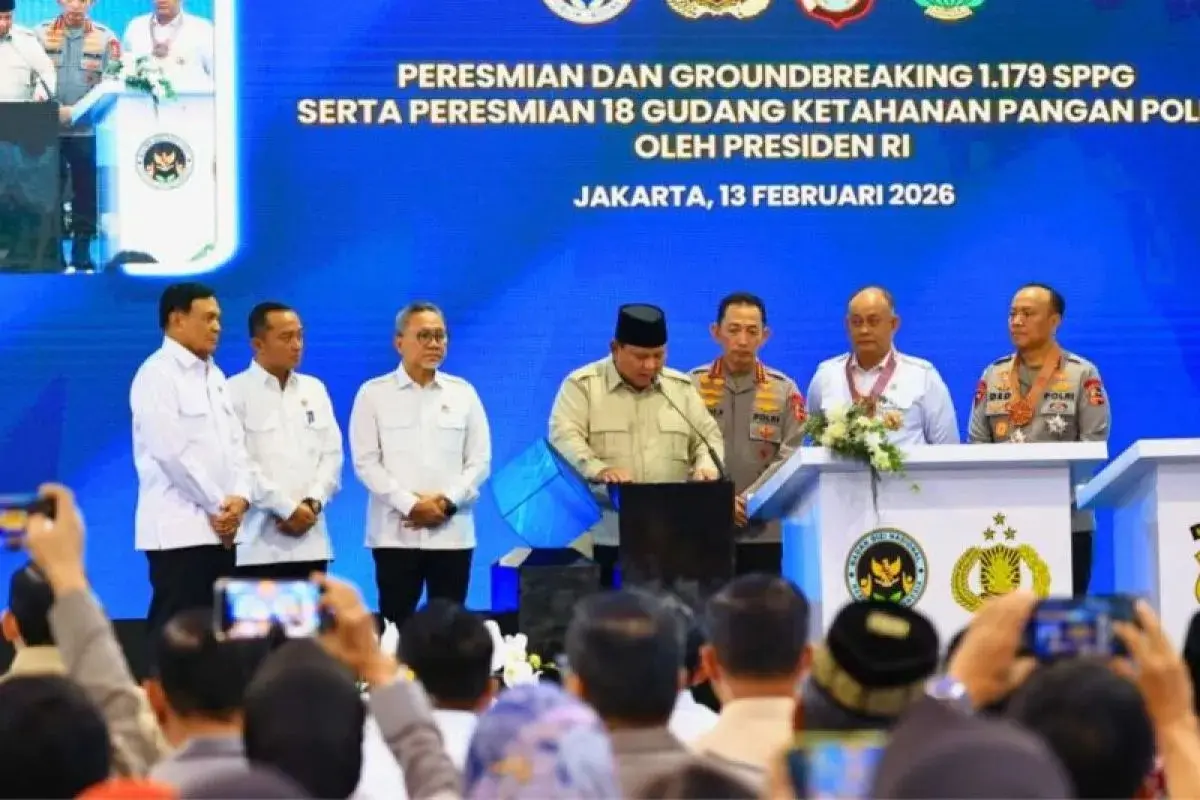Inp.polri.go.id – Jakarta. Meteorology, Climatology and Geophysics Agency (BMKG) reminds that increasing the greenhouse gas emissions could affect the climate change which leads to drought and water crisis.
“The clean water crisis possesses a serious threat and a very much real issue that requires our attention. One of the main causes of the crisis is the continuous rising of greenhouse gas emissions which affects the increase in air temperature,” says BMKG Chief Dwikorita Karnawati on her official statement in Jakarta on Friday (10/13/2023).
During the 2nd Stakeholders Consultation Meeting of the 10th World Water Forum (WWF), the BMKG chief states the air temperature increase affects the global warming to continue which leads to climate change phenomenon. The climate change itself then eventually caused supply crisis and even energy crisis, and an increase in frequency, intensity, and duration of hydrometeorology disaster.
She states that the World Meteorology Organization (WMO) in last 202 has reported that Earth has 1,15 Celsius degree warmer than the average air temperature in 1850-1900.
“From our initial report, it is most likely that 2023 will be the hottest year recorded in the history,” says the BMKG chief.
According to her, the effects from the variables and climate change is often felt through water. The dynamic of air circulation and its interaction with humans has established patterns of water resource availability that vary spatially and temporally.
Moreover, the extreme effects related to water is hugely affected the lives, development, and the sustainability of an ecosystem, community, right down to an individual.
Other challenges that has to be face in meeting water needs is groundwater extraction which causes a decrease in groundwater levels.
She says that if this continues and ignored, the clean water crisis could lead to food crisis, energy crisis, even social crisis.
Therefore, she implores the world to devise mitigation plan and implement it immediately, while also systematically and collaboratively adapt to the situations. She also suggests authorities to immediately formulate conservation policies and efficient management of water resources based on science.
(ad/ndt/pr/nm)












